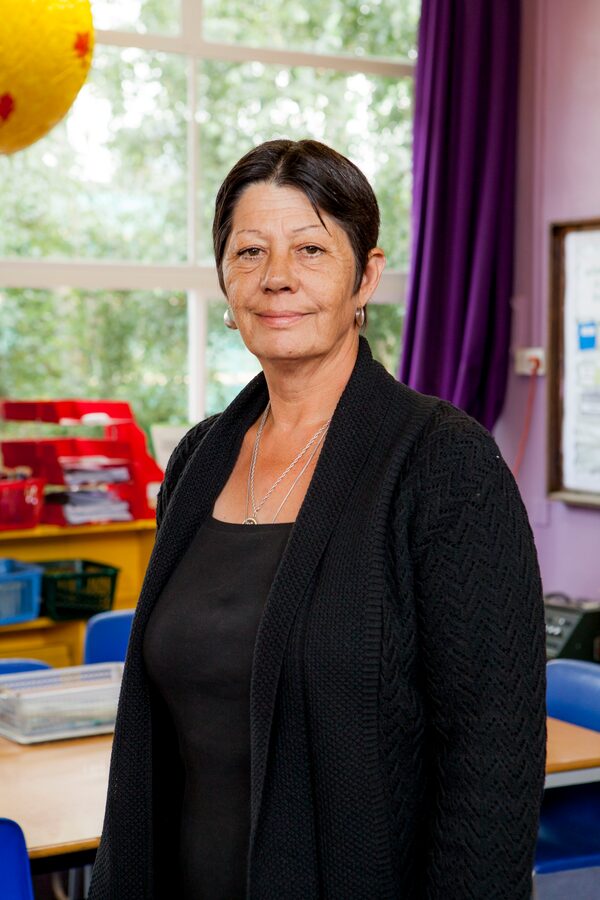
East Ender Tony, at seven years old in 1964, dreamed of becoming a jockey but ended up as a cab driver.ITV / Courtesy of Mongrel Media
- 63 Up
- Directed by Michael Apted
- Classification N/A
- 180 minutes
Few films and books leave an indelible impression like Michael Apted’s Up project, which is back with the ninth instalment of the filmmaker’s every-seven-years chat with 14 boys and girls since 1964.
I remember where I was when I joined the caravan. It was 35 Up and 1992. I watched as a grad student sitting in the fifth row at Chicago’s long-gone Fine Arts Theatre. I wondered about once-promising kids with dreams of hope and glory that had turned to ashes while former no-hopers now had happy families. What was the key? Was it all chance? Or was it preordained, such as the quote repeated in every film: “Give me the child until he is seven and I will show you the man.”
Holiday movie guide: Reviews of films opening through the end of December
I’ve watched every new episode since then with eyes on my favourites, while my subconscious spins and takes stock of my own world. Had dreams come true or had the world gone sour? I imagine I’m not alone in this bittersweet mix of voyeurism and self-examination. In the end, the viewer will see what they want to see both on the screen and in their own lives.

At 42, Tony famously admitted to having an affair, but at 56 he and his wife Debbie were still going strong and enjoying being grandparents.Richard Johnson/ITV / Courtesy of Mongrel Media
63 Up is a melancholy exercise, partially because Apted, now 78, has suggested this is the last one. Some have suggested the series is the original reality show. That might be true if the character arc is measured in decades and not a night out on the Jersey Shore. There is a familiarity between the subjects and their inquisitor that can only come from a lifetime of knowledge.
The kids of 1964 are now pudgy and lined, no more than East Ender Tony who is shown running as a child and now jogging through a forest trying to keep his girth in check. You wonder how the hell some of them survived. London in the 1960s was not the golden age of parenting – there’s a tiny boy at a miltary boarding school and two more in a Twistian orphanage. A half-century later, most of them are thriving. Mortality is the overwhelming backdrop whether it be of their parents or their own. (Nick, who has travelled from a rural English farm to America and has a career as a nuclear physicist is possibly terminally ill and states in a classic Brit understatement: “I’m focused on the fairly short-term future for the moment”).

Lynn, seen at 14 years in 1971, was married at 19 and had kids young.ITV / Courtesy of Mongrel
63 Up is also about the settling of scores with Apted’s own prejudices. There’s John, a long-time barrister, still seething at Apted’s portrayal of him as a boyish snot Tory, pointing out his father died when he was nine. In an earlier film, Apted was so convinced that Tony, then a bookie’s errand boy, was destined for jail that he had Tony show him some of the criminal element’s iconic London spots. Now, Tony, a survivor and London cabbie, chides Apted: “You had visions of me in the nick. You made quite a mistake, Michael.” Then there is Jackie, who has been running a guerilla war against Apted’s antiquated vision of women for 40 years. She is still smarting from Apted’s seeming obsession with her decision to get married young in 21 Up. “I felt that you treated us, as women, totally different, and I didn’t like it,” Jackie says. Apted, off-screen, doesn’t fight back and admits his own shortcomings.
For me, the boys and girls who have travelled the furthest are the most poignant. There’s Lynn, who married at 19, had kids young and still devoted her life to library work, often with economically disadvantaged and mentally challenged children. In an aching example of life not being fair, she is the first of the group to leave the world.

Lynn passed away in May, 2013, the first of the group to die.ITV / Courtesy of Mongrel
The two boys from the orphanage, Paul and Symon, are kind men still plagued with confidence issues one would expect from children who rarely heard a kind word. Symon, the only child of colour in the series, travels with his wife to spend a happy Christmas with Paul and his family in Melbourne. Apted asks them a question and both pause shyly, waiting for the other to chime in first, a fact Symon points out with a sad smile.
And then there’s Neil, the long-time lost boy of the series. He has transformed from a cheeky boy to a wanderer with clear psychological issues who we saw in the middle episodes twitching and sleeping rough. He seemed destined for an early grave. Now 63, Neil has reinvented himself and if he hasn’t discovered equilibrium, he has found a way to live in this often-cruel world. For many, that is achievement enough.
The best of art makes you think of life. On that front, Michael Apted has achieved more than all but a handful of filmmakers. Cherish 63 Up, like you cherish life.
63 Up opens Dec. 20 in Toronto and Vancouver